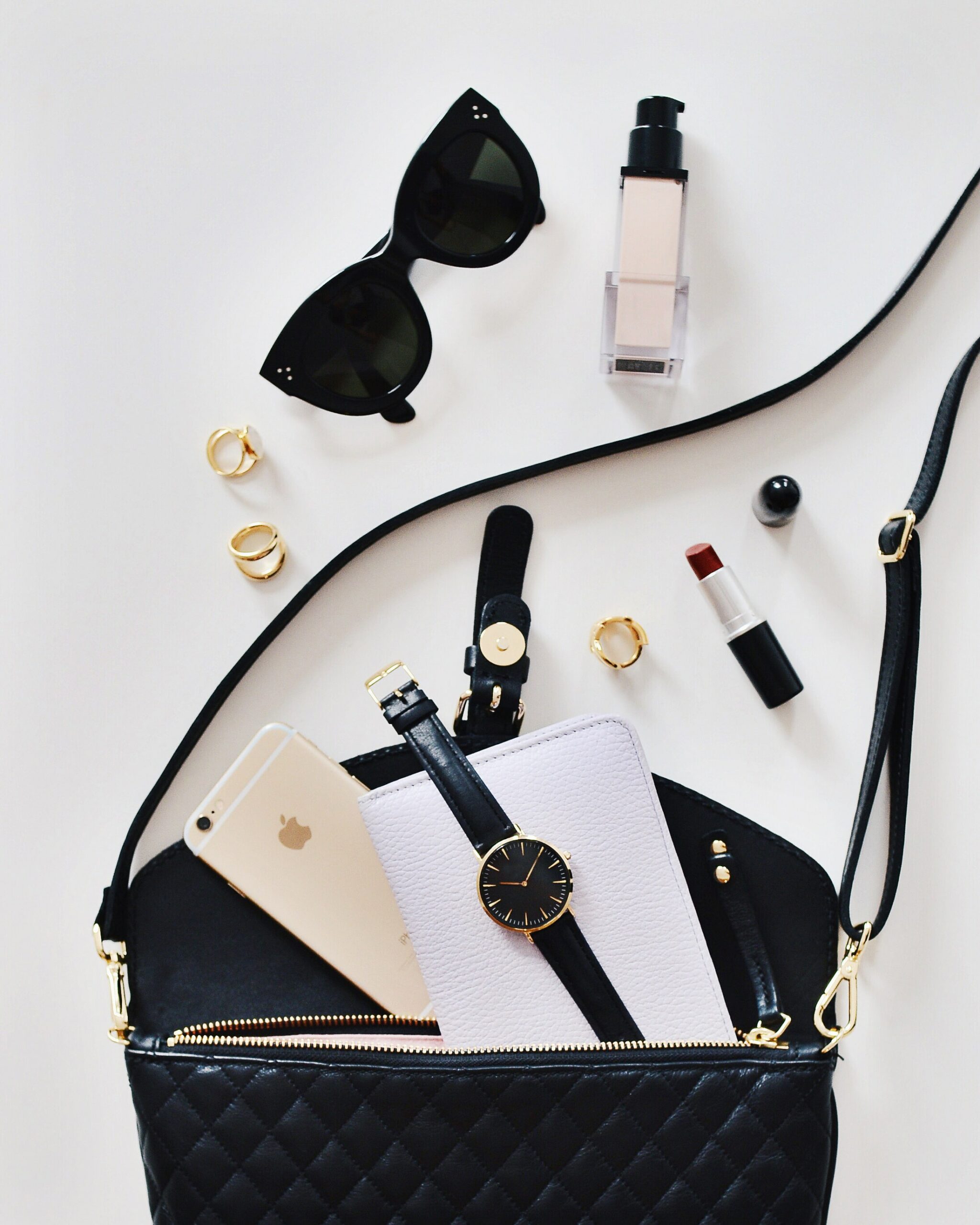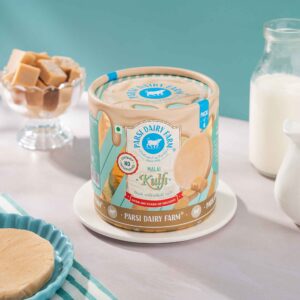The global cosmetics market size has been projected to reach $463.5 billion by 2027. How this fast growing industry is leveraging AI is something we all can learn from. Customer acquisition is a big part of revenue generation but even bigger perhaps, is customer retention. L’oreal got its head in the right place with its AR and AI-powered mobile app StyleMyHair. Besides its other functions, the app points the user to the nearest hair salons where users can get their hair styled immediately. L’Oréal’s skin care at-home assistant called Perso creates personalized skin care formulas using AI. The system has a Breezometer which uses geo-location data to arrive at localized environmental conditions that can affect the skin of the customer. This may include UV index, temperature, pollen, humidity etc. When used on a regular basis, Perso’s AI platform can not only assess skin conditions but personalize with better precision.
Another success story worth sharing is skincare brand MAELOVE’s use of artificial intelligence to analyse three million plus online product reviews to understand the needs of their customers and to deliver accordingly. Founded by a team of MIT graduates, their success story rides on their use of research for making formula blueprints. Theirs is a “radically affordable” skin care product line wherein everything is priced under $30. The bestseller, though, is the $28 priced Glow Maker which boasts of an ingredient list quite similar to the award winning product CE Ferulic Serum priced at $166. The success of The Glow Maker is AI-backed as millions of product reviews were analysed to arrive at ingredients which worked and those that didn’t. It is interesting to note then, that The Glow Maker has already had four sellouts and is ready for pre-orders for a fifth time.
Methods at a glance
Product tagging helps in better product discovery. Products that are frequently brought together are flashed to consumers on e-commerce portals, gently nudging them to buy (sometimes at a discounted price). The home page of various portals display top personalized pictures of the products on offer, as per the choices of the customer. Engagement emails are sent out by brands with personalized promotions using data of the customers. When customers abandon online shopping carts, emails are sent with promotion to encourage them to complete their purchases. These emails are often also used from cross promotions.
How beauty brands are leveraging AI for customer acquisition
The global cosmetics market size has been projected to reach $463.5 billion by 2027. How this fast growing industry is leveraging AI is something we all can learn from. Customer acquisition is a big part of revenue generation but even bigger perhaps, is customer retention. L’oreal got its head in the right place with its AR and AI-powered mobile app StyleMyHair. Besides its other functions, the app points the user to the nearest hair salons where users can get their hair styled immediately. L’Oréal’s skin care at-home assistant called Perso creates personalized skin care formulas using AI. The system has a Breezometer which uses geo-location data to arrive at localized environmental conditions that can affect the skin of the customer. This may include UV index, temperature, pollen, humidity etc. When used on a regular basis, Perso’s AI platform can not only assess skin conditions but personalize with better precision.
Another success story worth sharing is skincare brand MAELOVE’s use of artificial intelligence to analyse three million plus online product reviews to understand the needs of their customers and to deliver accordingly. Founded by a team of MIT graduates, their success story rides on their use of research for making formula blueprints. Theirs is a “radically affordable” skin care product line wherein everything is priced under $30. The bestseller, though, is the $28 priced Glow Maker which boasts of an ingredient list quite similar to the award winning product CE Ferulic Serum priced at $166. The success of The Glow Maker is AI-backed as millions of product reviews were analysed to arrive at ingredients which worked and those that didn’t. It is interesting to note then, that The Glow Maker has already had four sellouts and is ready for pre-orders for a fifth time.
Methods at a glance
Product tagging helps in better product discovery. Products that are frequently brought together are flashed to consumers on e-commerce portals, gently nudging them to buy (sometimes at a discounted price). The home page of various portals display top personalized pictures of the products on offer, as per the choices of the customer. Engagement emails are sent out by brands with personalized promotions using data of the customers. When customers abandon online shopping carts, emails are sent with promotion to encourage them to complete their purchases. These emails are often also used from cross promotions.




